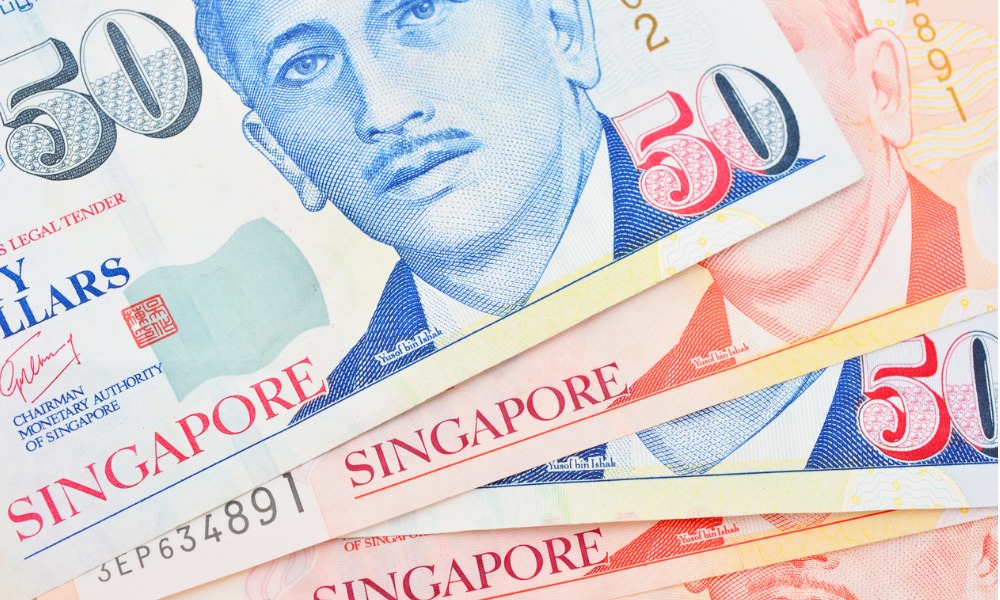As the HR director you’re in charge of fostering an ethical culture – but what happens when senior management are engaging in corrupt practices such as insider trading?
The Monetary Authority of Singapore (MAS) has recently imposed record civil penalties of a whopping $9.597m on a Singapore man for insider trading.
Lim Oon Cheng was found to have contravened the Securities and Futures Act when he purchased $2.27m worth of Singapore Petroleum Company Ltd (SPC) shares and 101,000 Keppel Corporation Ltd (KCL) shares in 2009, with knowledge of price-sensitive and non-public information pertaining to PetroChina International (PIPL)’s acquisition of SPC shares from KCL's and PIPL's mandatory general offer for SPC shares.
Earlier this year, an Australian worker jailed for insider trading blamed his company culture, which he claimed pushed employees to make money and be successful.
While HR directors can work on fostering a positive company culture, they may have limited power to actually change, monitor or stop the behaviour of insider trading, given it is a practice limited to more senior staff such as CEOs or CFOs, who may have a plethora of non-public information at their fingertips.
However, it can’t hurt for HR directors to know the law when it comes to insider trading in Singapore.
Section 219 of the Securities and Futures Act legislates the area of insider trading, with an “information-connected” approach. (Previously, a ‘person-connected’ approach was used in applying the law, whereby prosecution had to establish a series of connections between a body corporate, an insider and a person not connected with the company, so effectively an arrangement between an insider and a tippee.)
There are both civil penalty actions and criminal actions available when it comes to insider trading. The civil penalty regime was designed to complement the criminal sanctions and came into force over 10 years ago.
MAS is the regulatory body that brings actions against those charged with insider trading.
Under section 232 of the SFA, MAS may enter into an agreement with any person for that person to pay – with or without admission of liability – a civil penalty for contravening any provision of Part XII of the SFA.
This penalty may be up to three times the amount of the profit gained or loss avoided by that person as a result of the contravention (a minimum of $50,000 for persons or $100,000 for corporations).
The civil penalty may be subject to a minimum of (if the person is not a corporation) or $100,000 (if the person is a corporation).





